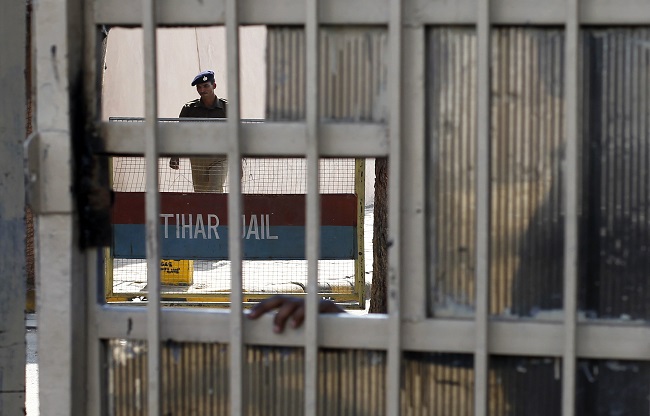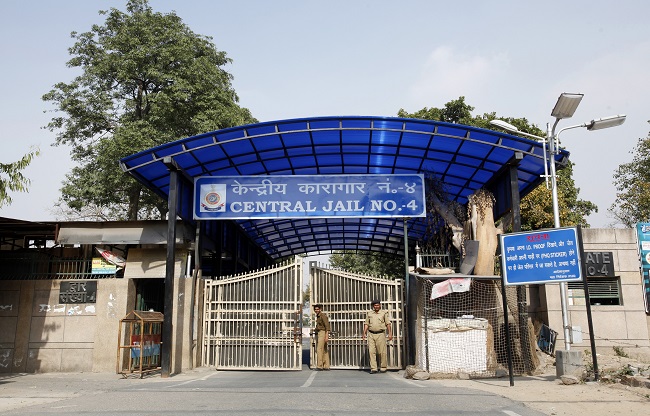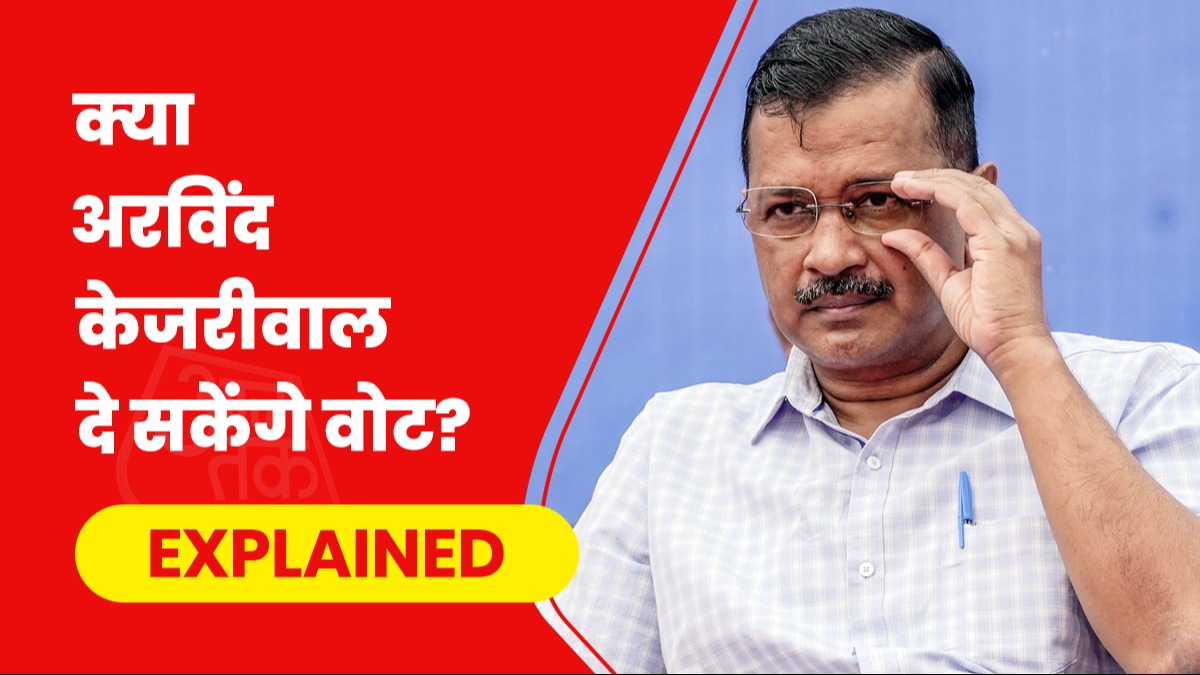Delhi's Chief Minister Arvind Kejriwal, embroiled in an alleged liquor scandal, finds himself behind bars at Tihar Jail. As the second phase of voting for the Lok Sabha elections unfolds, it remains unclear which seat Kejriwal will contest, if at all. However, one thing is certain: he is not permitted to vote while incarcerated. According to the National Crime Records Bureau's 'Crime in India 2022' report, over 500,000 individuals will be unable to cast their votes in this election, as they are serving prison sentences.
It prompts us to wonder, if one has the right to contest in elections from jail, why not the right to vote as well?
About a decade and a half ago, a case emerged in the Patna High Court where an inmate expressed a desire to contest elections while serving a sentence. The court, refusing permission, noted that if prisoners don't have the right to vote, they shouldn't be granted the responsibility to contest elections either.
The Supreme Court upheld the High Court's decision, but later, the then UPA government amended the law in 2013, allowing those in jail to stand for elections. Yet, the same persons are still deprived of their voting rights.

Source: aajtak
Under Section 62(5) of the Representation of the People Act (RP Act) 1951, no individual in prison, whether under trial or sentenced, can cast a vote. Voting is a legal right, and violation of laws automatically revokes this privilege. Apart from the convicted, this also applies to those currently on trial.
The history of depriving prisoners of their voting rights traces back to the English Forfeiture Act of 1870, which disqualified those guilty of treason or lawlessness from voting. The rationale was that those committing grave crimes shouldn't enjoy any rights, including the right to vote.
This rule was also cemented in the Government of India Act 1935, barring those serving sentences for certain crimes from voting. However, the RP Act of 1951 took a broader sweep, stripping every individual who is accused or guilty and in jail of their voting rights.

Source: aajtak
However, an exception is made for those in preventive detention—if the government suspects that a person's release could lead to unrest, they may be detained as a preventive measure. These individuals are allowed to vote but must do so under police escort or must inform local authorities in advance of their intention to vote at a certain time and location for surveillance purposes.
So, how do prisoners get the right to contest elections? One might argue that if even suspects don't have the right to vote, then they shouldn't have the right to contest in elections either. Courts have debated this logic extensively. It was eventually accepted that political adversaries are sometimes incarcerated as a tactic. Thus, the competency of a deserving candidate would be unfairly nullified due to imprisonment, which was not deemed just.
Adopting these arguments, an amendment was made in 2013 to Section 62(5) of the RP Act, granting the right to contest elections from within prison walls. Incarcerated individuals can run campaigns through their representatives but cannot vote. Bail does not grant them this facility either. Only once acquitted or after serving their sentence can one exercise their voting rights.




